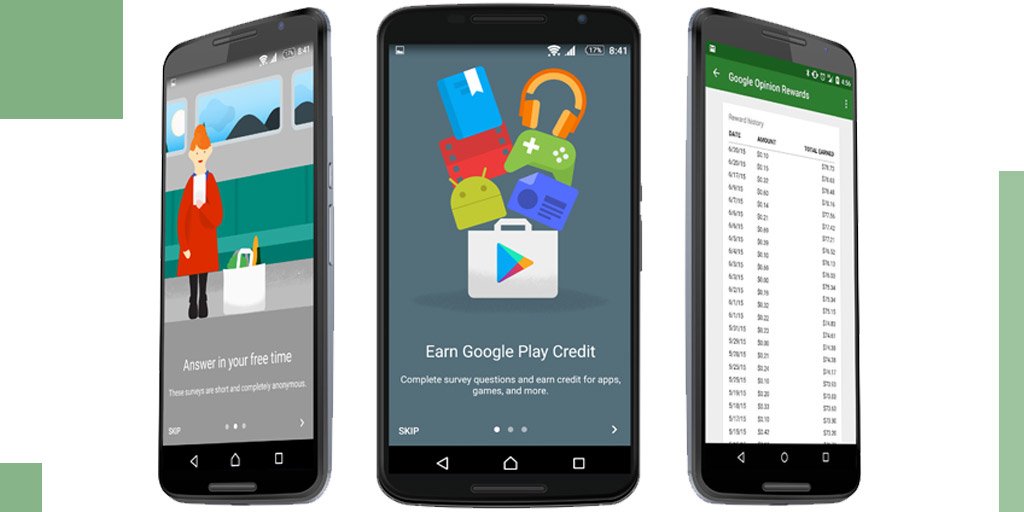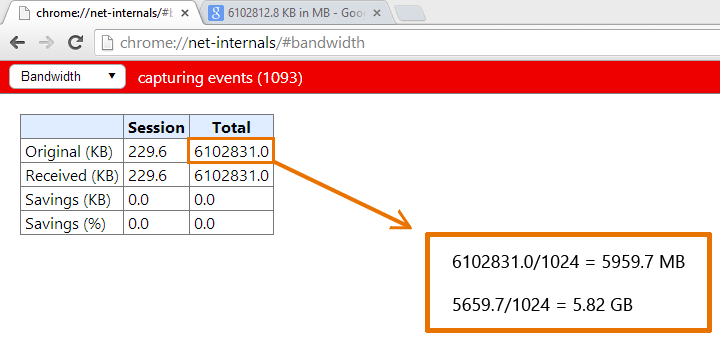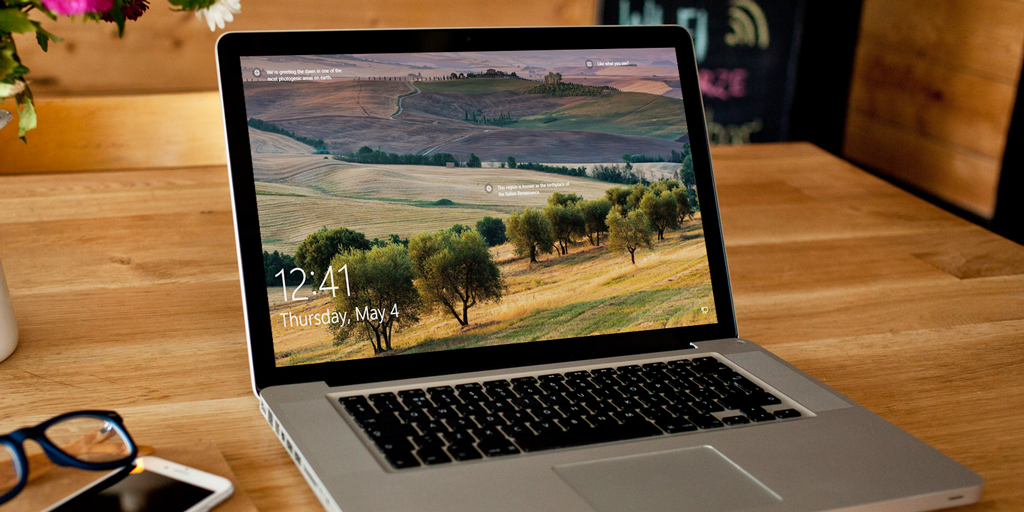Whether you want it or not, you contribute to your digital portrait. Whenever you are online, you leave behind a trail which is more public than you might think. Every activity that you do on the internet paints a picture of who you are. Usually, companies use this data for their marketing activities. But, anyone who wants to know about your life can easily do so by tapping into your digital footprints via getting into your social media accounts or your phone.
They can get hold of all the information about you. So, whenever you are doing anything on the web, you leave behind a small piece of yourself. If someone is monitoring your actions, he can know all about you.
How is data getting created?According to IBM, 90% of the digital information of the world came into being in the last two years. This includes all of the data from your social media to the sensors that collect information about the climate. Predictions reveal that by 2020, there is going to be a whopping 5,200 gigabytes of data for every person on earth.
Apart from other ways of data collection, we are creating most of the data, and almost all of it is highly personal. On a daily average, users watch 4,146,600 YouTube videos, share 27,760 photos on Snapchat, and do 456,000 tweets.Want to know some more mind-boggling facts regarding how much data we are producing? Here’s more:
- Google is processing more than 40,000
searches every second on average, which is 3.5 billion searches per day. More
than 3.7 billion people use the internet.
- Five new Facebook profiles emerge every second. Facebook has 1.5 billion people daily active users, and every minute, people post 293,000 status updates and 510,000 comments.
- Instagram has 600 million users, out of which 400 million are active every day. 95 million photos and videosare put on Instagram each day.
How is it risky?
Whenever we use our favorite social media or instant messaging apps, we leave a data trail. If someone wants to find out everything about you, they could do so by installing a spyware app on your phones such as Xnspy. It can monitor every activity of the phone. These apps have stealthy and intrusive features allowing anyone to get hold of your phone activities. They can access your text messages, emails, multimedia, call logs, and even your locations. One can never be too careful. Apart from identity thieves and hackers, controversies surround the big social media giants of storing user data, too.
With the growing concern surrounding customer data privacy, consumers have become more cautious about their digital footprints. Given the humungous amount of data getting created, bigger organizations have tons of customer data to wade through. You may have almost no control over how to control or manage this data. For most of the users determining which information remains private or public is the only way to safeguard your data.
So, only the information that cannot haunt you later on in life should make its place to the public. Over time, people have realized the sheer lack of control regarding data management. All of your digital footprints might paint a picture of you that is less than accurate or safe.
Harris Interactive’s survey revealed that 90% of Americans wished for more control over their data on the web. As far as adults are concerned, they know the right measures to take and have a clear idea of their rights, their work obligations, and what is inappropriate or not. The younger lot, on the other hand, is in a constant struggle.
How do search engines and social media platforms collect data?
The key is understanding that our digital footprint is the permanent trace we leave behind after any online activity. In most cases, this trace is permanent. How so? Well, the websites where you provide your information,keep a record of your data. Take the example of Google. According to Cloudtweaks, the search engine tracks and records all the searches user make, and that is a whopping 3.5 billion per day, which is more than 10 Exabytes of data.
Besides, Google also monitors your behavior when you are browsing websites. It notes information such as how long you spend on each page and the device you are using to access a website, etc. Google tracking your internet activity may not bother you much because your history contains only games, shopping, and news sites. But what about your posts on social media?
Facebook, the social media giant, collects 500 terabytes daily, which includes everything from where you are, who is with you, and what kind of day you are having. Even if you delete a post from Facebook, it is not quite gone. If you cannot view it, doesn’t imply that it is inaccessible.
Where all the data gets stored?
Usually, servers and computers store all the data and then distribute files to the other computers. Cloudtweaks also reports that Amazon has more than 1.4 million servers that store data on everything from the pricing to products to shopping carts.
You cannot access the server, which has your specific information. It might be in another country or across the world, which makes it downright difficult to manage your information after you upload it on the internet. You might not worry if a big digital organization has your data, but if sensitive information gets out, it is impossible to delete it. Losing your job and harming the reputation of a company due to sharing sensitive information is not unheard of.
Once you put something out there in the cyberspace, it is difficult to remove. Images and videos can get viral in minutes and become increasingly difficult to remove as you never know who has shared it or saved it. We all know about videos and pictures getting viral and tweets trending at a shocking pace.
According to Quantifying the Invisible Audience in Social Networks from Sanford University, people tend to underestimate their audience size. Quite often, there could be more people watching you than you seem to think. Now, some of the Facebook settings might help with mass viewership, but even with the privacy settings in place, sometimes Google image search reveals a lot more than you would have imagined.
Protecting Digital Reputation: How to go about it?
- If you are unsure about posting something, ask yourself, would you want it to appear on a search engine with your name?
- Is your password strong enough? Can anyone crack it easily?
At the end of the day, it is your choice what you decide to share to the public and what to keep to yourself. But it is essential to talk about safe internet behavior and taking a responsible approach towards the digital footprints they leave behind. Teach them what is appropriate to share and what is not. This way, they won’t face any problems down the road.














![15+ Best and Must-Have Software for your New PC [2020] 15-Best-and-Must-Have-Software-for-your-New-PC-2020-Edtion](https://thetechgears.com/wp-content/uploads/2019/12/15-Best-and-Must-Have-Software-for-your-New-PC-2020-Edtion-100x70.jpg)

